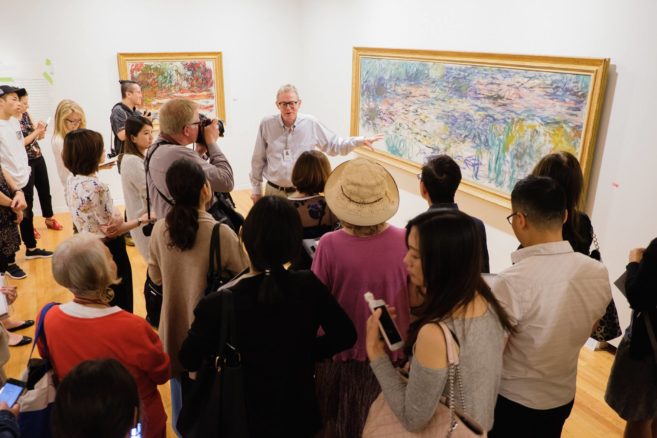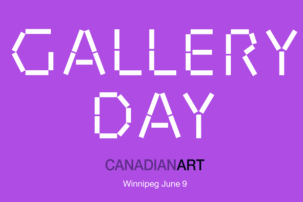In November, the Canada Council—Canada’s largest arts funding agency—announced that it was creating a new $88.5 million fund dedicated to digital projects.
Now, at a major summit happening today and tomorrow in Montreal, the council is unveiling more details about how that money will be distributed to artists and arts organizations.
“First of all, the funding will be geared towards projects,” Canada Council CEO Simon Brault tells Canadian Art. “We don’t care who is presenting what; what we want are projects that are scalable, that have an impact [broadly], not just giving a potential edge to one organization.”
Specifically, funding will range from under $10,000 for short-term, small-scale projects, and it will to range up to $500,000 for large-scale initiatives.
Also on deck for discussion: what types of projects will be funded by the $88.5 million pot of money.
Three broad components of the fund have been articulated on paper—digital literacy and intelligence; citizen access to the arts and cultural engagement; and transformation of organizations.
But Brault hopes face-to-face discussions at this week’s summit will lead to some more concrete ideas.
“What we really want is an intense brainstorming… to see and to hear what would be the most interesting and the most impactful project we could support in the next few years to make a difference not just for individual artists or organizations, but for the entire arts sector,” Brault says.
Canada’s arts sector, for example, could really use something like “a Tripadvisor for culture,” Brault says.
“No one makes the decision to go to a restaurant or buy a car or even buy clothes without getting advice from peers [online],” Brault notes, “but it’s very difficult to have that for the arts sector.”
And that is just one of many challenges Canada’s arts community faces in a digital world.
Recent consultations have convinced Brault that “a very divided and granular arts sector won’t be able to face the future.” As an example, he points to a recent case where two major arts institutions in the same city told Brault it would be impossible for them to share subscriber or member information with each other.
“We need to be ultracompetitive in the way we present ourselves [internationally],” Brault says. “Are we ready to create our own capacity to be discovered and to be noticed in algorithmic platforms?”
With the feds overhauling their cultural policies right now as well, the fund “will need to work complementarily” with various governments, Brault notes.
Digital shifts, and government policy around it, continue to be of concern for Canadian artists. An open letter to Heritage Minister Mélanie Joly, signed by musician Alan Doyle, author Alissa York, and artist Carole Condé, among others, states, “Canada’s creative professionals have led Canada in the digital shift, but we struggle to earn a livelihood from it. It’s not from lack of trying. We’ve digitized our work and mastered the internet. We’ve become social media directors for our projects. We connect directly with our fan bases, and monetize everything that we can. So why are more and more of us being forced to abandon creative work?”
The Canada Council’s Arts in a Digital World fund will launch in Fall 2017, and run until March 31, 2021.
Some of the related summit sessions happening today and tomorrow in Montreal will also be broadcast live via the Canada Council’s Facebook page and via the summit’s website.

 The Canada Council's CEO says that our nation's arts sector needs to be less granular, and more unified, in order to make progress in the digital realm. Photo: via Canada Council Twitter feed.
The Canada Council's CEO says that our nation's arts sector needs to be less granular, and more unified, in order to make progress in the digital realm. Photo: via Canada Council Twitter feed.







